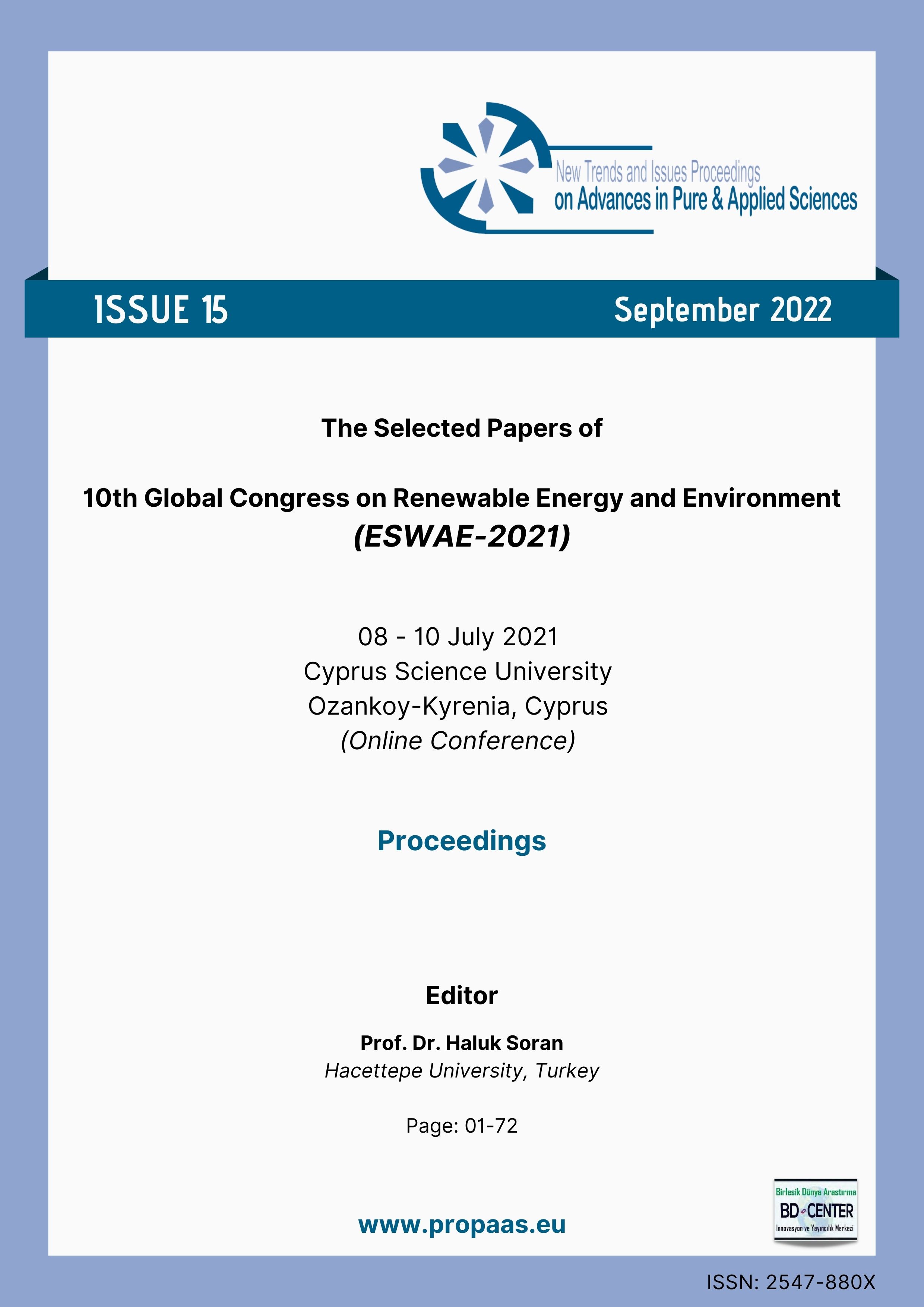An assessment of situational awareness in sea navigation with a neuroscience approach
Main Article Content
Abstract
Sea navigation of a ship consists of sub-elements such as open sea navigation, inland water navigation, strait-channel passage, port approach and port manoeuvres. Navigational safety is very important for the ship, the cargo carried by the ship and the safety of the environment. The question of whether the human factor and performance in safety is primarily bodily or perceptual has become an increasingly important research topic in the relevant literature in recent years. Accuracy and timing in nautical decision-making directly change the entire operation. This study aims to explore the main neurophysiological findings related to the measurements of electroencephalography (EEG) and how particular aspects of this brain activity could be connected with the important concepts of ‘situational awareness’. For this purpose, a systematic literature search was conducted on ‘EEG’. As a result, it has been established that EEG measurement is applicable for situational awareness assessment in sea navigation.
Keywords: EEG, marine, navigation, neuroscience;
Downloads
Article Details

This work is licensed under a Creative Commons Attribution 4.0 International License.
Authors who publish with this journal agree to the following terms:- Authors retain copyright and grant the journal right of first publication with the work simultaneously licensed under a Creative Commons Attribution License that allows others to share the work with an acknowledgement of the work's authorship and initial publication in this journal.
- Authors are able to enter into separate, additional contractual arrangements for the non-exclusive distribution of the journal's published version of the work (e.g., post it to an institutional repository or publish it in a book), with an acknowledgement of its initial publication in this journal.
- Authors are permitted and encouraged to post their work online (e.g., in institutional repositories or on their website) prior to and during the submission process, as it can lead to productive exchanges, as well as earlier and greater citation of published work (See The Effect of Open Access).
